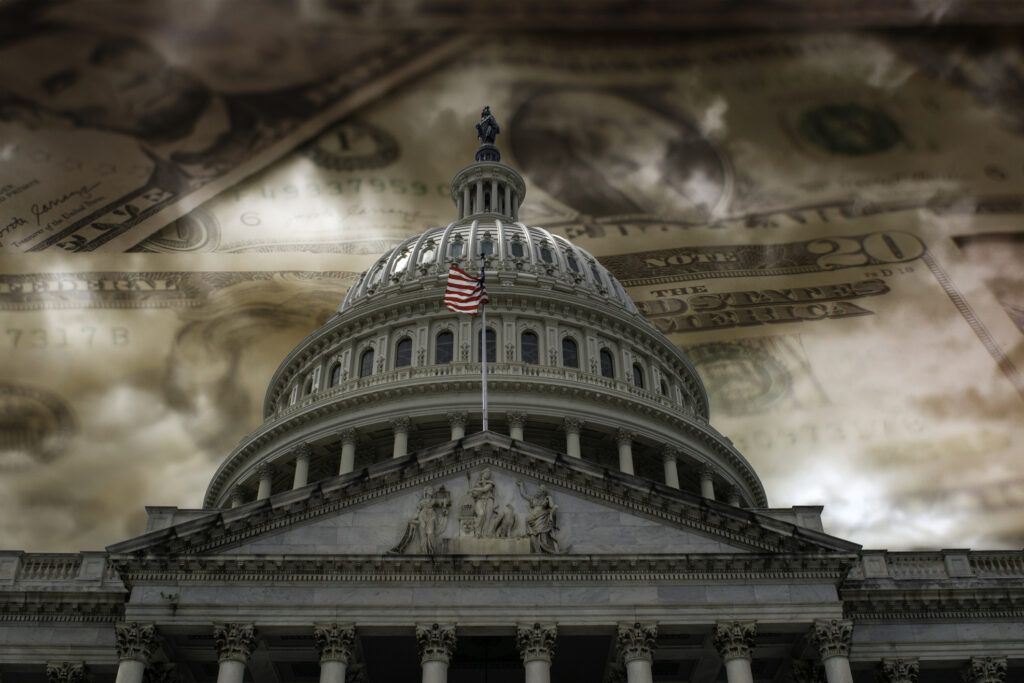What does the victory of Donald Trump mean for energy issues? The election of Donald Trump and the retention of both houses of Congress by the Republicans certainly means a more market-based approach to energy policy than would likely have been under a Clinton victory. A more market-based policy, in which prices are allowed to accurately reflect both value and scarcity, in turn means that over the longer run energy supplies will be expanded and prices will be lower. There are several reasons to think this.
First, Donald Trump has not shown any overt hostility to fossil fuel development, unlike both Hillary Clinton and the current presidential administration. This is especially so with respect to coal, which Clinton promised to essentially eliminate as fuel source, but also oil. Donald Trump has suggested that a Trump administration would approve the Keystone XL pipeline, for example, and would also be favorable to oil drilling off the Southern Atlantic coast. There is likely to be more development of fossil fuel sources and infrastructure such as pipelines under a Trump administration. Since fossil fuels will necessarily constitute the lion’s share of energy for the near and medium future under any reasonable scenario, this means more energy and lower prices compared to what would have been expected under a more restrictive Clinton regulatory regime.
Second, Trump has suggested a change in the current regulatory environment, calling for the removal of two existing regulations in exchange for each new one implemented. While it’s unclear exactly how this would be done in practice, the willingness to give serious consideration to the repeal of regulation is quite important. Simply requiring both existing and proposed regulation to pass careful benefit-cost analysis would go a long way to reducing unnecessary costs and rationalizing the regulatory environment.
Concerning a few specifics, the EPA Clean Power Plan will likely fare poorly under a Trump administration. This is a good thing; market forces are already leading to a transition from coal to gas for electricity generation. By artificially forcing the pace, the EPA plan threatened energy price shocks and economic dislocations that would ultimately make the transition much more costly economically, inflicting harm on consumers – especially poorer ones – and unleash substantial political backlash. A market-based transition avoids these, and instead should lead to reduced energy prices.
Also, a Trump administration and Republican Congress are much less hostile to hydraulic fracturing (“fracking”). Hillary Clinton had suggested she’d favor stringent federal regulation of hydraulic fracturing, so much so that she supposed the practice would largely cease in the United States. Ending hydraulic fracturing would effectively end the expanded production of natural gas and derail the transition from coal to this much cleaner fuel. This would be economically and environmentally destructive. Trump has argued that he is not in favor of federal restrictions, but prefers state and local regulation. This is a much more reasonable approach, since local regulators are far more likely to be able to take local conditions into account, and also are far more sensitive to benefits and costs than federal regulators in D.C.
One possible downside for market-based energy is Trump’s expressed intent to expand wasteful subsidy programs, and in particular the federal ethanol program. There are no net environmental or economic benefits to this program, which is primarily a federal handout to the ethanol lobby. In general, subsidies are bad idea. They protect bad projects and technologies for which costs outweigh benefits, and encourage rent-seeking and parasitism. We’ve seen this in the past with such things as the scandalous Solyndra Corporation fiasco in which the federal government, and especially the Obama administration, poured hundreds of millions of our dollars into a corrupt and unproductive solar energy project,
An important thing to watch, then, will be the extent to which Trump and the Republican Congress promote market-based energy versus picking winners through subsidy programs. But whatever the mix, it is very likely to be more market-based than would have occurred under a Clinton administration, with a more rational regulatory regime. This suggests, all else equal, greater energy supplies and more economic growth.




